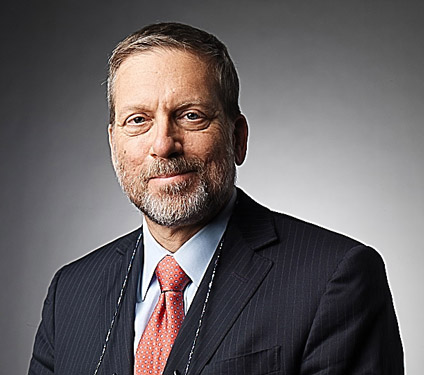By Jay Conison and Donald Lively
Legal education is well past the point of being merely distressed. A recent op-ed in the New York Times purported that “claims of a ‘crisis’ are exaggerated” and legal education needs more of the same. Yet many schools are experiencing massive cutbacks, reducing costs, and some are on the brink of closure. A report by Moody’s Investor Services this month characterized the outlook for law schools outside the top-tier as “grim.”
The current model of legal education, centered on case analysis and Socratic inquiry, was a significant innovation when introduced at Harvard Law School in the early 1870s. The architects of the Harvard model, like most change leaders, were greeted by skeptics, naysayers, and disbelievers. Yet what was innovative in the late 19th century became dominant in the 20thcentury and outdated by the 21st century.
It is time to challenge the traditional model of legal education and stop relying on obsolete rankings and rationalizing ways to protect the established order.
In 1992, the American Bar Association issued a report expressing concern with the widening gap between what the legal profession needs and what law schools teach, and called upon law schools to change.
Despite years of warnings, many schools remain entrenched in a culture where status-based rankings are the paramount concern. Schools vie with each other for the ego rewards of admitting classes with the highest LSAT scores rather than competing for the strongest measurable outcomes for students and society.
Institutions like ours are challenging the traditional model and addressing the needs of the 21st century legal profession. As a law school that was designed and developed by legal educators who saw the need for change, our school is focused on serving the underserved, providing student-centered outcomes, and graduating students who are practice-ready. We’re able to do this, in part, by providing opportunities for students whose LSAT scores would serve as a barrier to a legal education at most other institutions. Many of these students are minorities who have been historically under-represented in legal education and in the legal field.
While many of our students start off “behind the curve” according to traditional metrics like LSAT scores, their bar passage rates and post-graduation employment are on par with, if not above, their counterparts at other schools.
Real world legal experience is a requirement for graduation; it results in better prepared lawyers, experiential learning that impacts the community, and leadership in responding to the long overdue need for change in legal education.
Law schools must reinvent themselves, so students can receive an education that positions them for success in today’s legal profession. We urge our colleagues to take similar steps toward innovation, and hope future law students will challenge the status quo and choose schools like ours, where experiential learning is real – rather than an overstatement.
Law schools won’t become the next leading institution by simply emulating Harvard; they’ll become the next “Harvard” by being as innovative today as that school was in the 1870s.
Jay Conison is Dean of Charlotte School of Law and served as Reporter for the ABA Task Force on Legal Education. Donald Lively is President of Charlotte School of Law and Founding Dean of the nation’s first fully accredited proprietary law school.

